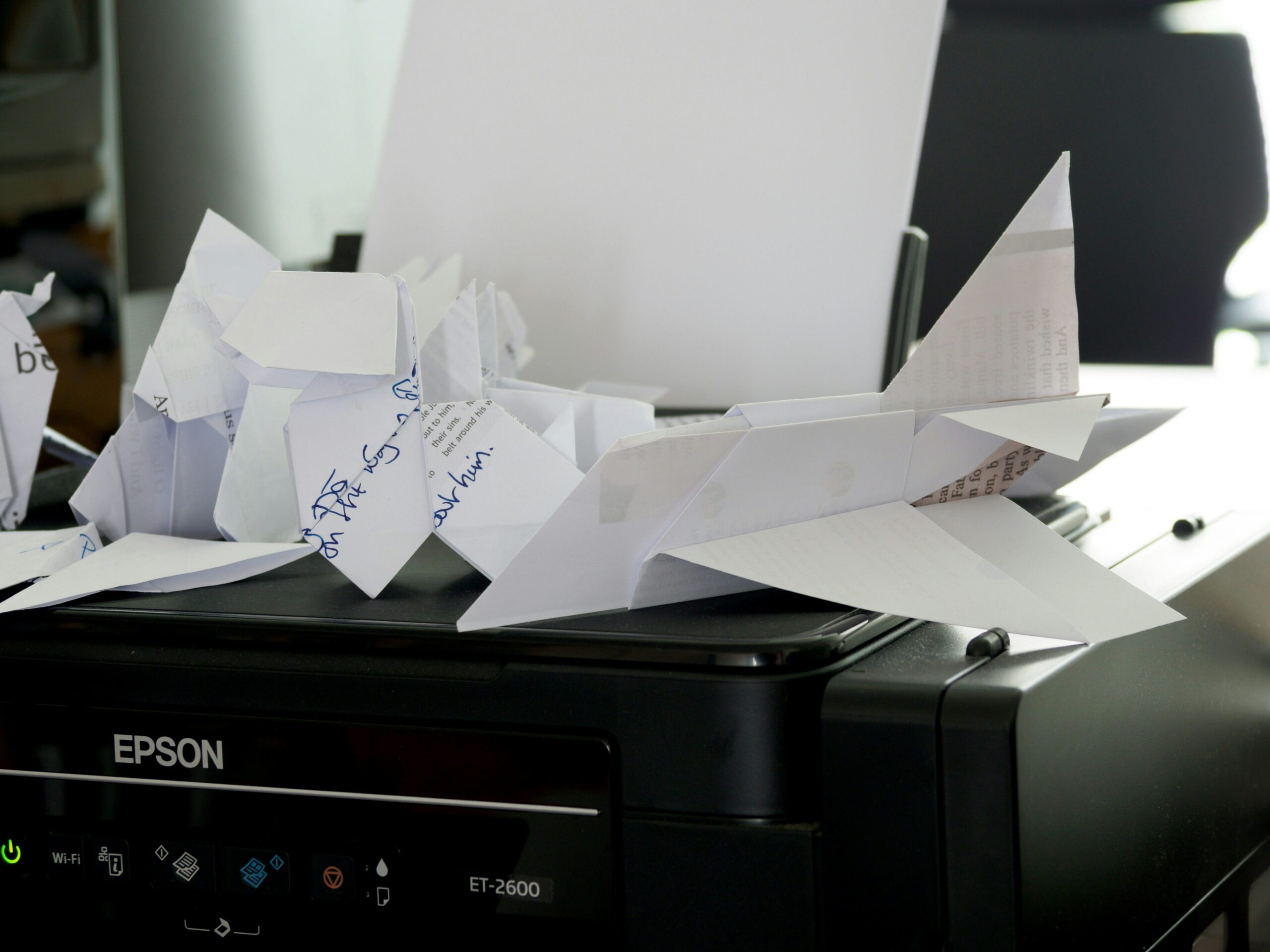“Ever spent days searching for a single research paper, only to find it buried in an overcrowded folder? Yeah, we’ve all been there.”
If you’re knee-deep in academia or professional research, managing hundreds (or thousands) of papers can feel like trying to drink from a firehose. Today, we’re diving deep into Paper Monitoring Tools: the secret weapons that will save your sanity and supercharge your productivity.
In this post, I’ll guide you through:
- What makes these tools indispensable?
- How to choose the perfect tool for your workflow.
- Pro tips for getting the most out of them.
- Real stories featuring researchers who crushed their goals using these tools.
Table of Contents
- Key Takeaways
- What’s the Big Deal About Paper Monitoring Tools?
- How to Choose and Use Your First Tool
- Pro Tips for Maximizing Efficiency
- Real-World Success Stories
- FAQs
- Conclusion
Key Takeaways
- Paper Monitoring Tools streamline organization and boost research efficiency by automating tedious tasks.
- Tools like Zotero, Mendeley, and Notion are game-changers for tagging, annotating, and tracking references.
- Implementing proper workflows early saves hours weekly—and prevents migraine-inducing chaos later.
- Common mistakes include overloading on features instead of prioritizing usability.
What’s the Big Deal About Paper Monitoring Tools?

Let me tell you about my biggest facepalm moment as a grad student. I once lost access to a critical article three days before submitting my thesis because…wait for it…I’d accidentally saved it in my “Downloads” folder. *Cue laptop fan whirring louder than my panic.* If only I’d known then what I know now: Paper Monitoring Tools could’ve saved me.
These tools aren’t just glorified filing cabinets—they’re intelligent assistants designed to keep track of PDFs, citations, annotations, and collaboration notes. Here are some ways they shine:
- Automated Reference Tracking: No more manual entry errors when citing sources!
- Cross-Platform Sync: Access your library anywhere, anytime.
- Annotating Made Easy: Highlight, tag, and comment directly within documents.
Sure, Google Docs works in a pinch—but if you’re juggling dozens of projects, why settle for duct tape when custom-built machinery exists?
How to Choose and Use Your First Tool
*Optimist You:* ‘This is going to revolutionize my workflow!’
*Grumpy Me:* ‘Ugh, learning curves suck—but hey, at least coffee helps.’*
So, how do you pick the right Paper Monitoring Tool without getting overwhelmed? Let’s break it down step by step:
Step 1: Define Your Needs
Ask yourself:
- Do I need integration with Word/Google Docs for seamless citations?
- Will I be collaborating with others?
- Am I willing to pay for advanced features, or am I okay with free options?
Step 2: Explore Top Options
Three standout tools worth checking out:
- Zotero: Perfect for budget-conscious users; offers robust citation management.
- Mendeley: Great for teams needing shared libraries and social networking features.
- Notion: Flexible powerhouse that doubles as both a note-taking app and reference manager.
Rant Alert: Why Minimalism Matters
I cringe every time someone recommends bloated software packed with bells and whistles they’ll never use. Keep it simple, folks. There’s no glory in drowning under feature overload—stick to what actually moves the needle.
Pro Tips for Maximizing Efficiency

- Tag Everything: Create a consistent tagging system (e.g., #biology, #statistics).
- Batch Process: Dedicate one hour weekly to sorting new downloads.
- Sync Across Devices: Bye-bye, frantic scrambles for forgotten files.
Terrible Tip Disclaimer: Some guides suggest creating overly complex metadata fields. Ignore those—you’re not running a library archive here!
Real-World Success Stories
Meet Dr. Alex Chen, a neuroscience researcher who was drowning in disorganized literature until switching to Zotero. Within weeks, her reading speed increased by 30%, thanks to streamlined search functions and automated citations. Now she swears by it—even comparing its impact to discovering caffeine.
FAQs
Which Paper Monitoring Tool Is Best for Beginners?
Zotero is hands-down the easiest starting point due to its straightforward interface and active community support.
Can I Use These Tools Without Paying?
Absolutely! Most popular apps offer free tiers with ample functionality.
Will They Work With My Existing References?
Yes—most tools allow bulk imports, so migrating old PDFs is painless.
Conclusion
To sum it up, Paper Monitoring Tools are essential investments for anyone serious about staying productive while maintaining their mental health. Whether you’re a solo scientist or part of a research team, leveraging technology to tame document chaos pays dividends.
Like a Tamagotchi from the 2000s, your research toolkit needs regular care and attention—but trust me, the payoff is worth it.
“And remember, even perfectionists make typos—so double-check those citations!”
(Haiku interlude: Pages pile high / Digital order saves mind / Sip coffee, thrive.)


